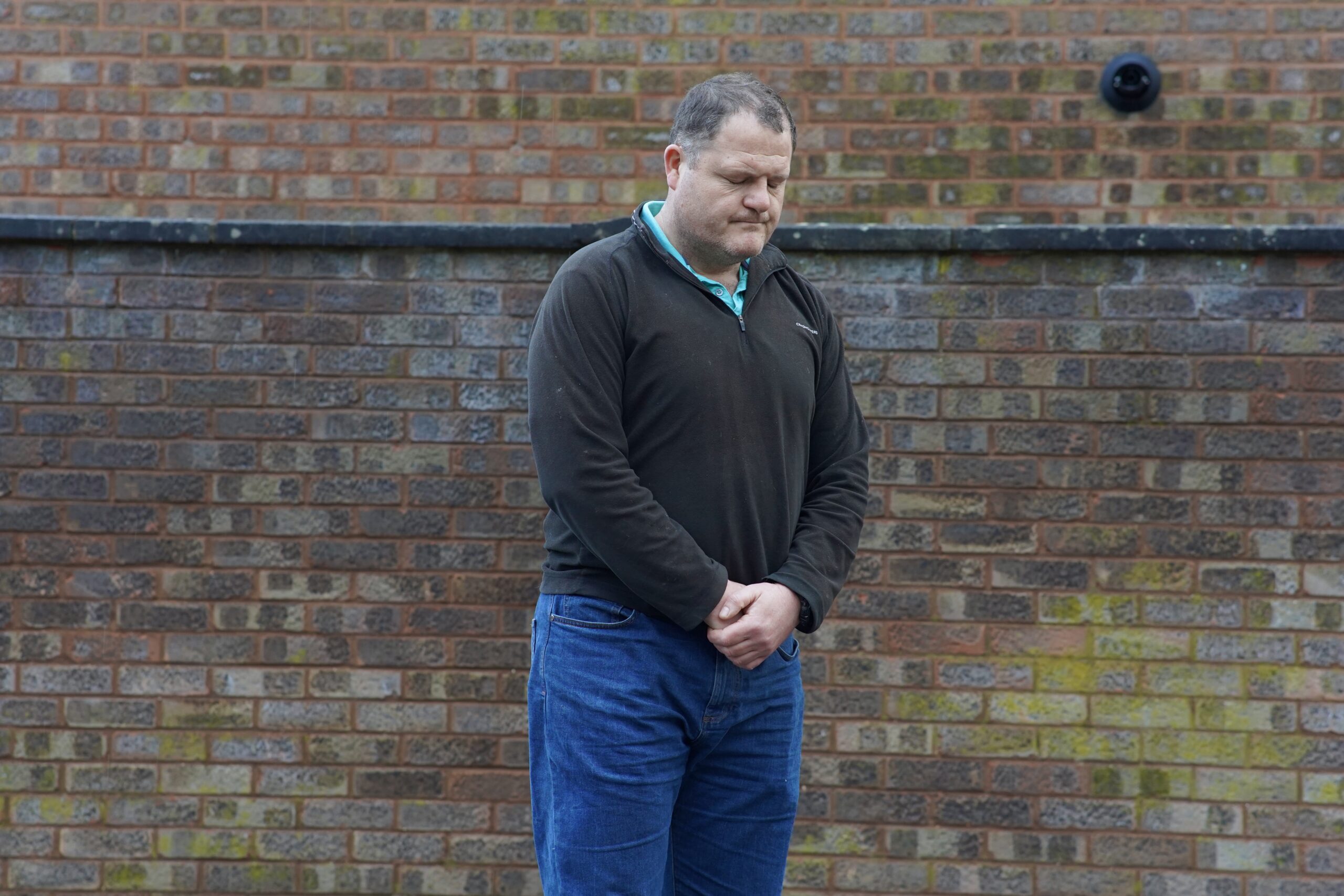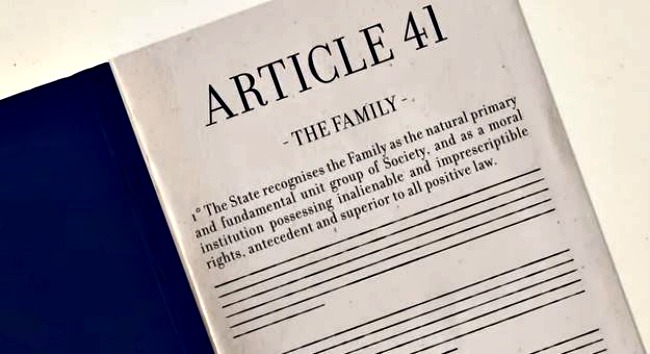
A Dutch court has convicted a man for helping at least 10 people take their own lives by selling them deadly “suicide drugs” and instructions for their use, in what has been seen as the latest test case for Dutch ‘right-to-die’ policies.
The man, identified only as Alex S. in line with Dutch privacy guidelines, sold the drugs to more than 1,600 people before police arrested him. He first bought the drugs online for himself, East Brabant District Court said in a written verdict.
“He is convinced that every person has the right to decide about their own life and believes that government policy in this area falls short,” the court said.
While the Netherlands was the first nation to legalise euthanasia in 2002, assisted suicide, the practice of someone who is not a physician providing a person with a self-administered lethal substance, remains illegal.
Since then the numbers availing of it have increased, and the grounds for accessing it have expanded.

The Bournemouth, Christchurch and Poole (BCP) Council, tasked with enforcing Smith-Connor’s penalty, refrained from pursuing prosecution within the statutory time-limit. This followed the police’s assessment that praying silently was not an offence in England and submissions by Adam’s legal team that the state had no power to restrict thoughts directed towards God.
Reflecting on the ordeal and the positive outcome for freedom of thought, Smith-Connor said: “Nobody should be criminalised for what they believe – especially not when they express that belief silently, in the privacy of their own minds. I’m glad that, in my case, common-sense policing won the day. However, it’s not right that I had to wait anxiously for a full six months for the authorities to determine my fate. The process, in essence, became my punishment.”

A Tory councillor who tweeted “Pride is not a virtue but a sin” is being investigated by the Conservative Party headquarters in the UK.
King Lawal, a Northamptonshire Councillor, has been suspended from the party and said he has been “cancelled” by six other organisations after expressing his Christian beliefs on social media.
Responding to images of Pride parades organised by LGBT groups at the end of last month, he wrote: “When did pride become a thing to celebrate? Because of pride, Satan fell as an archangel. Pride is not a virtue but a sin. Those who have pride should repent of their sins and return to Jesus Christ. He can save you. #PrideMonth #Pride23 #PrideParade.”
Councillor Lawal, 31, said that soon after posting the tweet he was suspended by the local Conservative group, and forced to resign from his job in a nursing and care business.
Speaking for the first time since the backlash, Cllr Lawal said: “It is now almost impossible to say something biblically truthful on sexual ethics in U.K. society without being cancelled and having your life ruined.”

Several churches in Pakistan have been forced to close after Islamist extremists declared they are seeking revenge for the burning of the Qur’an outside a mosque in Stockholm, Sweden on the Muslim holiday of Eid Al-Adha, a bishop has said.
Heightened security risks present a fresh challenge for a Church already under pressure in a country where at least 57 allegations of blasphemy were legally registered during the first five months of 2023.
Bishop Yousaf Sohan of Multan told Catholic charity Aid to the Church in Need (ACN) that the Pakistani Government insisted that churches and other Church buildings, including schools, increase security measures in response to growing fears of extremist attacks.
Lahore-based Islamist group Lashkar-e-Jhangvi has threatened to carry out suicide bombings against Pakistan’s churches in retaliation for the Qur’an burning by an Iraqi atheist.

While giving a cautious welcome to some aspects of the draft program, the CEP said it is “essential to explicitly recognise and respect [the role of parents] in all SPHE programmes”.

Rossa Fanning said the possibility is “under discussion” and might be added to the already proposed vote for November on the protection of the mother in the home clause.
Article 41 recognises the family as the “natural primary and fundamental unit group of society”, while 41.3 mentions “marriage, on which the family is founded”.
A Citizens’ Assembly recommended in mid-2021 that the article should be amended to clarify that family life not limited to the “marital family”.
The Supreme Court was hearing an appeal from a man who was refused the Widower’s (Contributory) Pension following the death of his partner of more than 20 years with whom he had three children. The man was neither married to nor a civil partner of the woman. He is claiming he and his children are being discriminated against.
Last October the High Court’s Mr Justice Mark Heslin dismissed the case.
In appealing to the Supreme Court, the man has sought to widen the grounds of his original case, claiming it represents ‘discrimination’ between marital and non-marital children.
The AG said this point may be affected by a vote of the public come November.

Minister for Health Stephen Donnelly has been attacked for vowing to implement so-called ‘safe access zones’ around abortion providers that would see churches in some areas limited in their ability to display pro-life messaging on their own grounds.
Clare Independent TD Michael McNamara said the proposal seems to be “part of a culture war and a desire to be seen to be addressing a problem without even analysing whether the problem exists”.
“It’d be much more in his line to concentrate on delivering the Children’s Hospital and the National Maternity Hospital because legislation like this is, at best, an attempt to distract from the Government’s manifest failures in regard to much more core elements of their mandate,” Deputy McNamara said.
Barrister Maria Steen told The Irish Catholic the Bill is a “gross breach” of “religious rights, certainly, and also freedom of expression and freedom of assembly”.
“Many churches and parishes might celebrate Corpus Christi or have a rosary procession or something – if somebody says a prayer for the unborn children, is that then to be taken as offending against this law? For instance, things like the 40 Days for Life, there might be posters up about that on Church railings and so on – does that all fall afoul of the legislation?”
“Well, yes, on the face of it, it does,” Mrs Steen said.

Anorexia should be considered a terminal disease so that patients suffering it can avail of assisted suicide, according to two physicians in the US.
Dr Jennifer Gaudiani, the medical director at the Acute Center in Denver, which specialises in the treatment of severe eating disorders, said there was no guidance on when to allow a patient to stop treatment – essentially, to allow their self-starvation to take its ultimate, fatal course – and if the disorder could, in fact, be considered terminal.
She co-authored an article in the Journal of Eating Disorders, about what she dubbed “terminal anorexia nervosa”. It was intended as a guide for treating severely ill patients, including assisted suicide as an option which is legal in 10 states and in Washington, DC.
She and New Mexico psychiatrist Joel Yager, proposed a set of criteria for terminal anorexia: being at least 30 years of age, having engaged in “high-quality, multidisciplinary eating disorder care”, and consistently and clearly expressing that they understand continued treatment is futile and that they will die from their disorder.

All schools must teach a proposed Leaving Certificate sex education curriculum that will include gender ideology, namely the belief that your biological sex and your ‘gender’ are not the same thing, and “possible responses” when facing an unplanned pregnancy, although parents will have the right to pull children from classes.
It is not clear whether schools will be allowed to adapt the proposed curriculum to their ethos, although this is permitted by the Education Act.
The radical changes to Social Personal and Health Education (SPHE) and relationships and sexuality education (RSE) are set out in proposals from the National Council for Curriculum and Assessment (NCCA). It has just published a draft SPHE specification for consultation.
The specification states that “LGBTQ+ identities, relationships and families are fully integrated and reflected in teaching and learning, as opposed to being addressed within stand-alone lessons”.
The NCCA also addresses the patchy nature of teaching in SPHE and RSE for Leaving Cert students. The new curriculum will be mandatory, according to newspaper reports, with an average of almost one hour per week – a total of 60 hours – across senior cycle.
Nonetheless parents will have a right to request that their child opt out of any learning that contravenes their conscience. Once a student turns 18 they have a right to decide for themselves.

Having a baby is increasingly being considered a threat to the idyllic lifestyles of “dual income, no kids yet” couples – otherwise known as Dinkys, according to a report in the Daily Telegraph.
One couple interviewed by the newspaper said they have been spending their savings and income on renovating a 1930s-style semi-detached house.
Ellie Macintosh, 27, says: “This has felt like our baby. We’ve nearly finished the work. Now we just want a couple of years to be selfish – go on trips, be able to go to the cinema at the drop of a hat. We already have to worry about our pets.”
Raising a child to adulthood is heavy on the pocket, at an estimated £160,692 per offspring, according to the Child Poverty Action Group, a charity.
For many couples, not having enough disposable income to go on holiday together is enough to put them off becoming parents, at least for the foreseeable future.
But economists fear Britain’s declining birth rate spells trouble. Without new taxpayers, how will the Government fund big infrastructure projects, the NHS and the state pension?